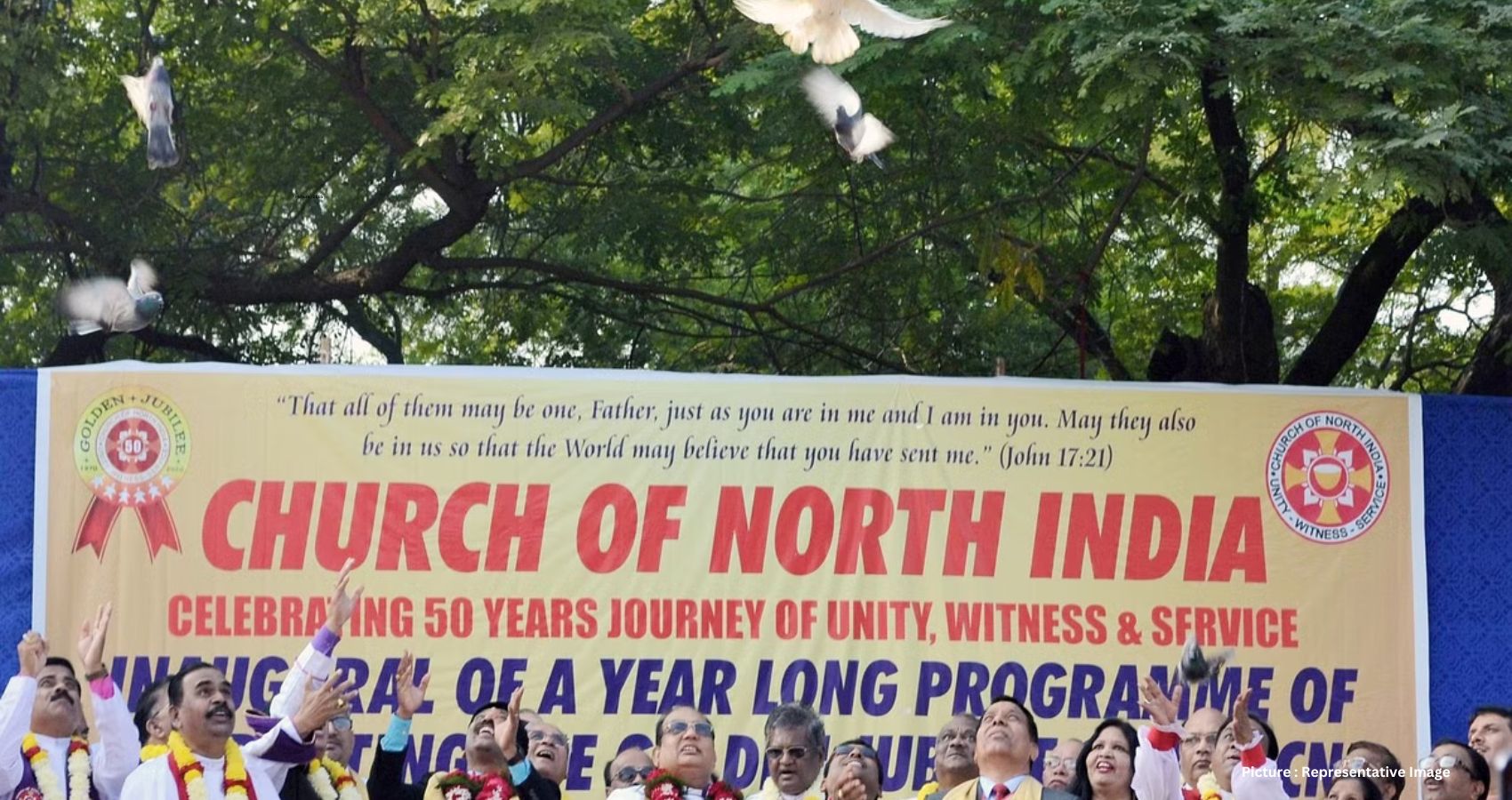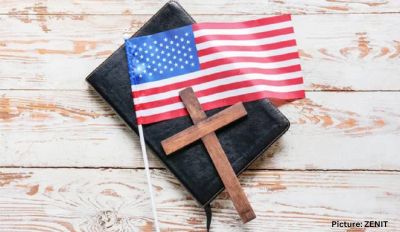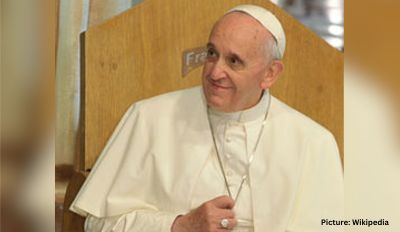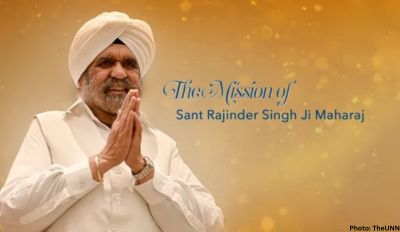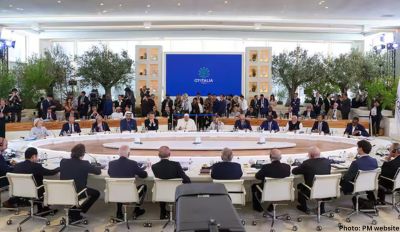The Church of North India (CNI), a significant evangelical organization with a history dating back to 1970, is facing a setback as the Union Home Ministry has recently revoked its Foreign Contribution Registration Act (FCRA) license. This move comes in the wake of alleged violations of regulations, preventing the trust from receiving or utilizing foreign contributions until the license is renewed. According to reports from the Economic Times, the ministry’s decision is part of a broader government crackdown on non-governmental organizations (NGOs) found to be in violation of FCRA rules.
The CNI, a product of the amalgamation of six different churches, including the Church of India, has been actively involved in various social service programs through its Synodical Board of Social Services. Despite its commendable work, the ministry’s action signals a stringent approach towards compliance with FCRA regulations.
The officials, while revoking the FCRA license, pointed out the alleged violations as the primary reason behind their decision. This implies that the CNI, like many other NGOs, failed to adhere to the rules governing foreign contributions, leading to this enforcement action. The trust’s inability to receive or utilize foreign funds until the license renewal further underscores the severity of the allegations.
The CNI has a history of receiving donations from various countries, including the United States, Europe, and Canada. However, the recent decision by the Ministry of Home Affairs (MHA) disrupts this financial support, potentially impacting the organization’s ongoing social service initiatives.
The government’s crackdown on NGOs violating FCRA regulations is not limited to the CNI but extends to a multitude of organizations. The FCRA mandates that NGOs with licenses must apply for renewal, and the deadline, initially set for September 2020, has been extended until March 31, 2024. Despite this extension, the ministry is actively reviewing and taking action against organizations found in violation, as seen in the case of the CNI.
The MHA grants FCRA licenses for a duration of five years, subject to annual reviews based on returns and the specific utilization of foreign grants for designated purposes. The core objective is to ensure transparency and accountability in the use of foreign funds, with any misuse or diversion considered a violation of the FCRA.
Over the past year, numerous NGOs, including well-known entities such as the Rajiv Gandhi Foundation, Rajiv Gandhi Charitable Trust, Oxfam India, Centre for Policy Research (CPR), and Care India, have faced cancellations, suspensions, denial of renewal, or deemed expiration of their FCRA licenses. This indicates a sweeping regulatory action by the government, emphasizing its commitment to enforcing FCRA compliance across the spectrum of non-governmental organizations.
The revocation of the FCRA license for the Church of North India highlights the government’s rigorous stance on enforcing regulations governing foreign contributions. This action is part of a broader crackdown on NGOs, signaling a commitment to upholding transparency and accountability in the utilization of foreign funds. The impact of such decisions extends beyond individual organizations, affecting the landscape of social service initiatives carried out by these entities. As the government continues its scrutiny, NGOs across the country are compelled to reassess and ensure strict adherence to FCRA regulations to avoid adverse consequences.

